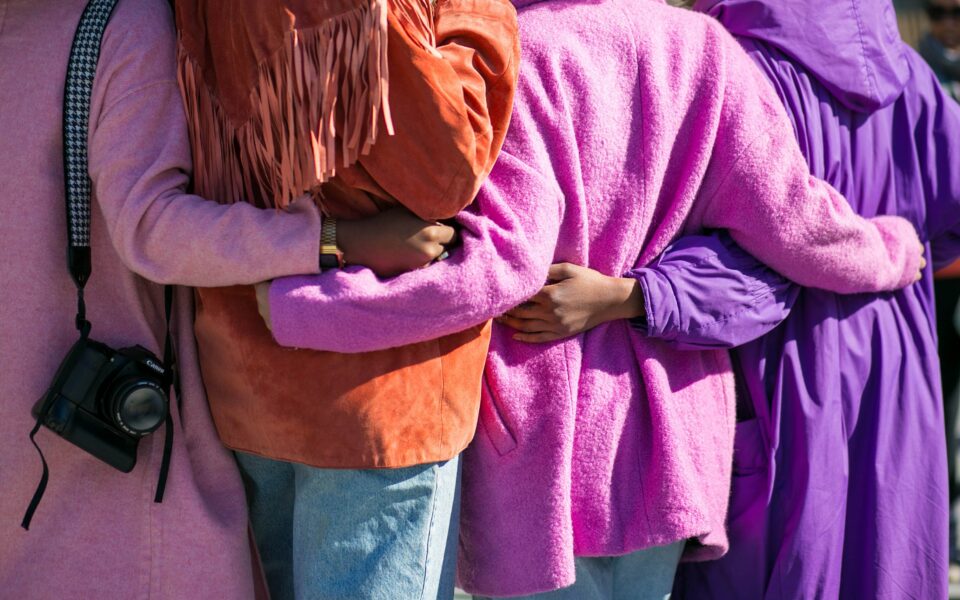We all want to belong. It’s how we’re wired as humans. We sort ourselves into groups from high school (the nerds, theater geeks, jocks) and well into adulthood. Are you a soccer mom, a power player, a DINK, a Cubs fan, a wine snob?1
Some groups are more fun and innocuous than others. The game night junkies. The emo lovers. The golf buddies. The church ladies.
But we as humans crave connection and belonging so much that when we allow the Hogwarts Sorting Hat to put us into categories, it can feel safe but might have a dark side.
I’m Catholic, but have huge problems with how the Catholic church treats women, sexual abuse survivors, and the LGBTQ++ community.With my current moral, social, and political views, I often feel like I’m on the outside looking in on this group I have belonged to my entire life. Religious affiliations in particular have been a source of divisions (and war, if we look at history) and have been used to oppress and deny rights to others outside of the “in” group. And don’t even get me started on many other so-called “God-fearing” con artists. Many of whom say one thing and do another in the name of their religion, especially when it comes to “loving your neighbor”and being kind to the poor and mistreated..
These are not my people, nor my allies.
But see what I did there? I just “othered”another group that has different beliefs than me, painted them all with the same bias brush, and acted superior, as if my way is the only way.
Belonging is great. We can become part of a nurturing welcoming community. We can be who we really are, without fear of isolation or recrimination. We can build relationships and share resources.
But we must be very careful we don’t tip over the line into negative tribalism.
Tribalism is the state of being organized by, or advocating for, tribes or tribal lifestyles. Human evolution has primarily occurred in small hunter-gatherer groups, as opposed to in larger and more recently settled agricultural societies or civilizations. With a negative connotation and in a political context, tribalism can also mean discriminatory behavior or attitudes towards out-groups, based on in-group loyalty. (source)
The negative aspects of tribalism look like:
- Superiority/Supremacy
- Oppression
- Neglect
- Closed-mindedness
- Greed
- Individualism (if you are not part of my tribe, I will not help you and your fate doesn’t matter to me)
All of it leading to a lack of empathy for anyone outside of our group. Some leading to violence when people “take sides”such as in cases of soccer (football) hooliganism or worse, MIddle Eastern identities and claims.
We must be vigilant in creating groups that honor inclusivity – and leave the door open to others to walk through, as well as leave the window open so we can hear the needs and contexts of others outside of the group we are in. Tribalism leads to the worst kind of nationalism – the kind that makes me right and you wrong and causes me to defend cruelty, oppress openly, and refuse to get curious about others not like me.
Always seek inclusive connection and belonging. Stay curious, open, empathetic, and welcoming. Please don’t use belonging as a way to further divide into camps of hate. Whether that is in your own high school, club, neighborhood, office…or country.
Photo Credit: Vonecia Carswell on Unsplash




